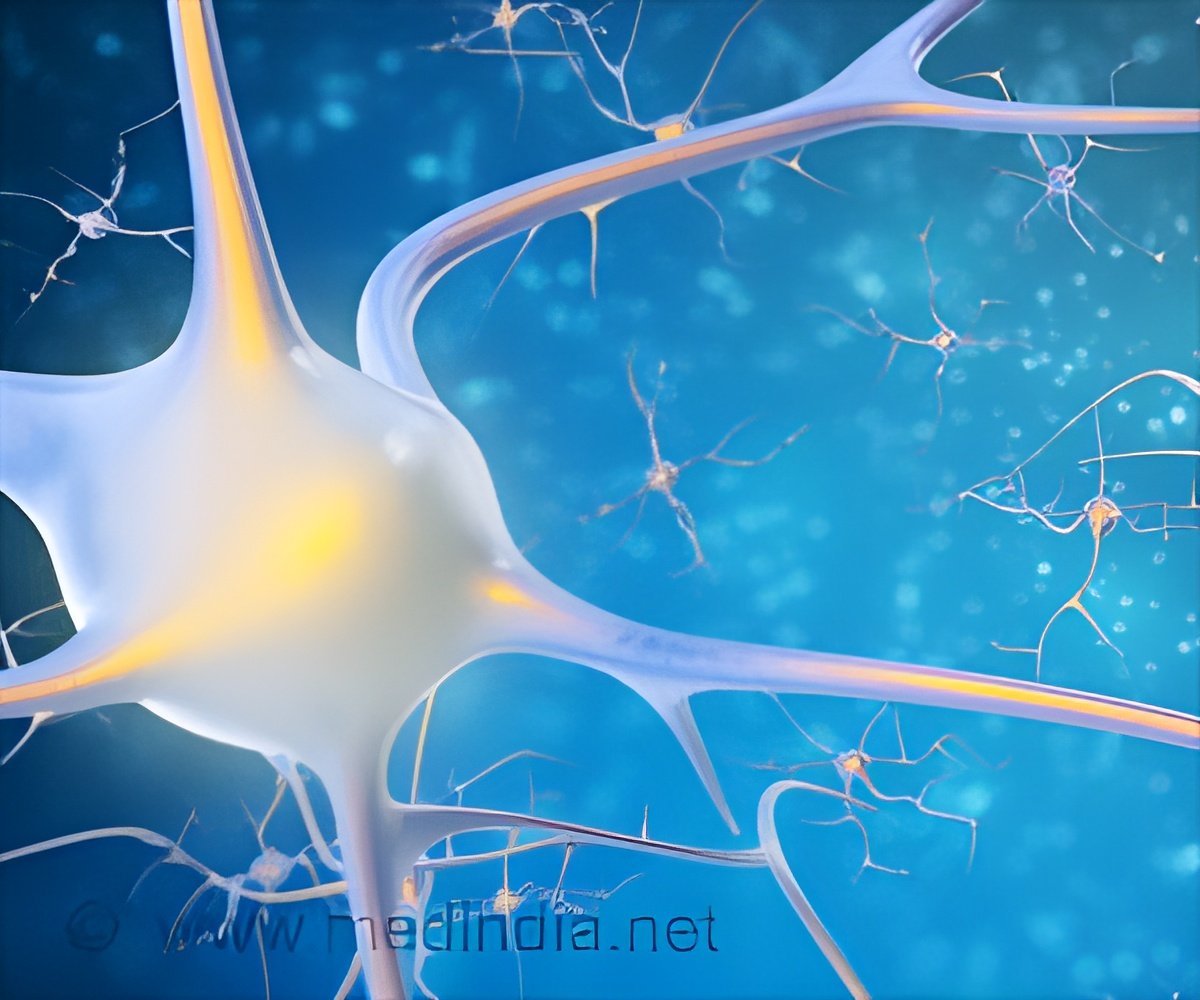
‘On the brain scans,those with MS had widespread abnormalities in their white matter, with the most extensive damage in areas including the uncinate fasciculus, fornix and corpus callosum, which play an important role in the brain's social network’
Tweet it Now
The study involved 60 people with MS and 60 healthy people of the same age and education level. The people with MS had been diagnosed with the disease for an average of 11 years; 50 had the relapsing-remitting form of the disease and the rest had secondary progressive MS.All of the participants took tests to measure their Theory of Mind skills, or their ability to infer other peoples' beliefs, desires and intentions to explain and predict behavior. In one test, people are shown photographs of peoples' eyes along with four words describing mental states such as "anxious" or "embarrassed" and are asked to select the word that best describes the feelings of the person in the photo. In another test, participants are shown silent video clips of people interacting along with two words describing the interaction and are asked to choose the best word.
The participants also had MRI brain scans and advanced MRI scans called diffusion tensor imaging to look for changes in the brain's white matter. The scans are based on the movement of water molecules in brain tissue and measure microstructural changes in white matter, which connects different brain regions.
The people with MS had lower scores on both Theory of Mind tests, with an average score of 59 percent on the photo test, compared to an average of 82 percent for the healthy participants. On the video test, the people with MS had an average of 75 percent compared to 88 percent for the healthy controls.
The results for the people with MS were not related to how long they had had MS or how disabled they were, but they were related to the total volume of lesions called T1 and T2 lesions, which are areas of damage in the brain.
Advertisement
"It appears that there is a disconnect in the social brain network," said Batista.One limitation of the study is that the tests and scans were conducted once, so any changes over time in social test scores or areas of brain damage could not be assessed.
Advertisement
Source-Eurekalert















